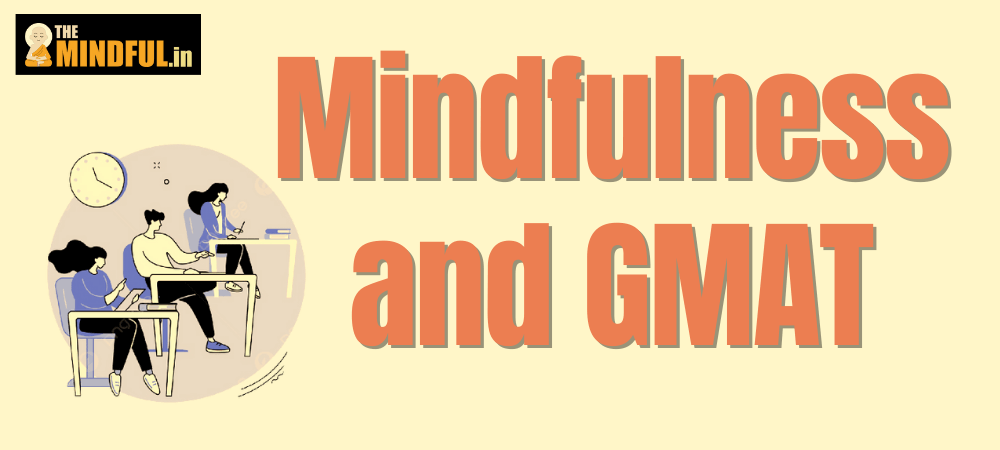Mindfulness Vipasana and GMAT, No Matter how unrelated these two things are, there is one common thread I discovered between these while listening to the audiobook “Mindfulness in plain English”(1991) narrated by Edoardo Ballerini. The book is primarily about the basics of Vipassana Meditation and mindfulness practice.
What is common in these- Mindfulness Vipasana and GMAT?
In Chapter 7, “What do you do with your mind?” Ven. Henepola Gunaratana, a Srilankan Buddhist monk and the author of this wonderful book mentioned that all you need to do in this practice of meditation in to focus on one breath at a time, no matter how you much you may have got distracted in the last breathing cycle, just take the new breath afresh, leaving all connotations of the past breaths which were not so mindful and worries of the future breaths yet to come.
I’ve invested countless hours studying practice problems and figuring out how to succeed on the difficult GMAT as a dedicated GMAT aspirant. Nevertheless, despite all my preparation, I’ve still felt that all-too-familiar sense of concern and anxiety that frequently afflicts test-takers.
Knowing that the results of this one exam could possibly determine your entire future is a strange feeling. However, the GMAT is more than just an exam; it’s an emotional rollercoaster ride with highs and lows.
I’ve discovered, like many test takers, that the GMAT’s nature can be both a gift and a curse. On the one hand, you are compelled to concentrate solely on the job at hand because you are unable to review previous questions or predict what will be asked next. On the other hand, this same feature can be very unsettling because you’re constantly unsure of your choices and whether you’re on the correct path.
Despite these difficulties, I strongly believe that maintaining present-moment awareness and approaching each question with a clear mind and a positive outlook are the keys to success on the GMAT. I’ve discovered that my performance has significantly improved when I’ve been able to set aside my concerns for the future and just concentrate on the job at hand. In the end, the GMAT tests your mental toughness and emotional resilience in addition to your academic information. It’s a path that calls for endurance, commitment, and a readiness to accept the exam’s unpredictability.
What is the right approach?
While I am myself finding more ways to get better at this process, I can share what I have seen working for me. This is what the venerable monk has to say about this. (and this applies to GMAT testing too 🙂 )
Mindfulness of breathing is a present-time awareness. When you are doing it properly, you are aware only of what is occurring in the present. You dont look back and you dont look forward. You forget about the last breath, and you dont anticipate the next one. When the inhalation is just beginning, you dont look ahead to the end of that inhalation. You dont skip forward to the exhalation which is to follow. You stay right there with what is actually taking place. The inhalation is beginning, and that’s what you pay attention to; that and nothing else.
-Ven. Henepola Gunaratana in Mindfulness in Plain English (1991)
The only figurative difference I see between this form of meditation and GMAT test-taking is the time-bound environment on GMAT. While in a meditation process, you do not need to think of time, GMAT requires a time-bound action. Though it is not as complex and difficult as it sounds, not focussing on the question at hand with a single-pointed focus can potentially worsen the score.
So, let us start living a bit more mindfully today onwards to get better at life and also at GMAT (if that is what you are focusing on right now)

